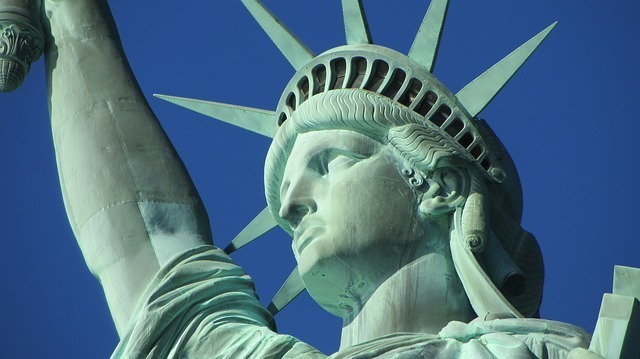 When I started the work for Less Cancer, it was not to make money but rather to work towards healthy futures, for my children and all of the next generation. I was driven to serve my fellow man, to end the devastation and suffering that comes with cancer. The work was all about what could be accomplished, not what we refused to address.
When I started the work for Less Cancer, it was not to make money but rather to work towards healthy futures, for my children and all of the next generation. I was driven to serve my fellow man, to end the devastation and suffering that comes with cancer. The work was all about what could be accomplished, not what we refused to address.
I was fortunate to be raised in a family that had resources, and I thought with my own work, I too would be all set. Then ten years ago, I had a spinal tumor removed. Despite being well-insured, it still was not enough to cover my not being able to work, so I paid out of pocket for efforts involved with my recovery. I sold my house to help bridge the financial challenges caused by my poor health.
Today, I feel especially concerned about the many Americans who may be affected by the proposed budget cuts, which could severely limit their access to health care, education or even a clean environment.
It’s not just the indigent that have these concerns, but also people like me who have invested in serving the public and therefore perhaps do not have the luxury of being able to ignore the costs of aging or getting sick.
Could I afford another chronic disease, or another spinal tumor? Can I even afford to retire?
As a country we aren’t facing some basic shortfalls.
Hunger, for example: “42.2 million Americans lived in food insecure households, including 29.1 million adults and 13.1 million children.” (Feeding America 2015)
Education: We have cities where the functional illiteracy rate is more than half, where citizens cannot read a menu, a prescription bottle or directions.
Preventing cancer: In our work we promote the policies and education that work to stop the over 50 percent of preventable types of cancer.
The cuts that we are seeing will clearly make our work more challenging. And they come at a time when we see cancer rates increasing not decreasing. So poor nutrition, education, a lack of health care and unhealthy environments will keep Americans unhealthy.
When you prevent cancer, you save lives, you save patients, families, and friends from the suffering and trauma of treatment, and you save money for individuals, insurance companies, and the entire healthcare system.
Mountains of evidence point to what happens to people when they are eating healthy food, drinking clean water, are educated about choices and or able to access health care.
But when the opposite occurs, we will surely more cases of preventable diseases, including obesity, diabetes, heart disease and cancer.
The efforts to continue to cut and slash humane programming march on no matter how pressing.
One heartbreaking example is a community on the majestic coast of New Hampshire. Children are dying of cancer, and the area is gaining fame not for its seaside view but rather as the only cancer cluster in the state. Recently legislators stopped a bill put forward by State Representative Mindi Messmer that would reduce harmful chemicals known as PFC’s, as a proactive step. The reason: the possible expense of water filter systems.
Three years ago Representative Messmer, as a private citizen, brought the attention of the New Hampshire Health and Human Services to the pediatric cancer cluster. With the investigation, the Centers for Disease Control designated the cases as a cancer cluster. Messmer notes that since that time, nothing has been done, and two more children have been diagnosed with brain cancer.
The whole country has made a shift to “profit first, people second.”
But not me and not Less Cancer. For us it’s all about the people first: we were founded because we can help not because we won’t help.
For people like Mindi Messmer and the citizens of New Hampshire, they have my commitment to continue to help get these people the attention and resources they need.
This is a time in which we can’t just rely on non-profits, to work harder; we all need to kick in as individuals, to be as resourceful as we can to help our fellow man.
As Americans this is what we do: if a child is hungry, we feed them; if the elderly or the sick need care, we help them.
As Americans. The word itself says it all. We are in this fight to protect the health of all Americans, because we can.
First published on Thrive Global.


Leave A Comment
You must be logged in to post a comment.